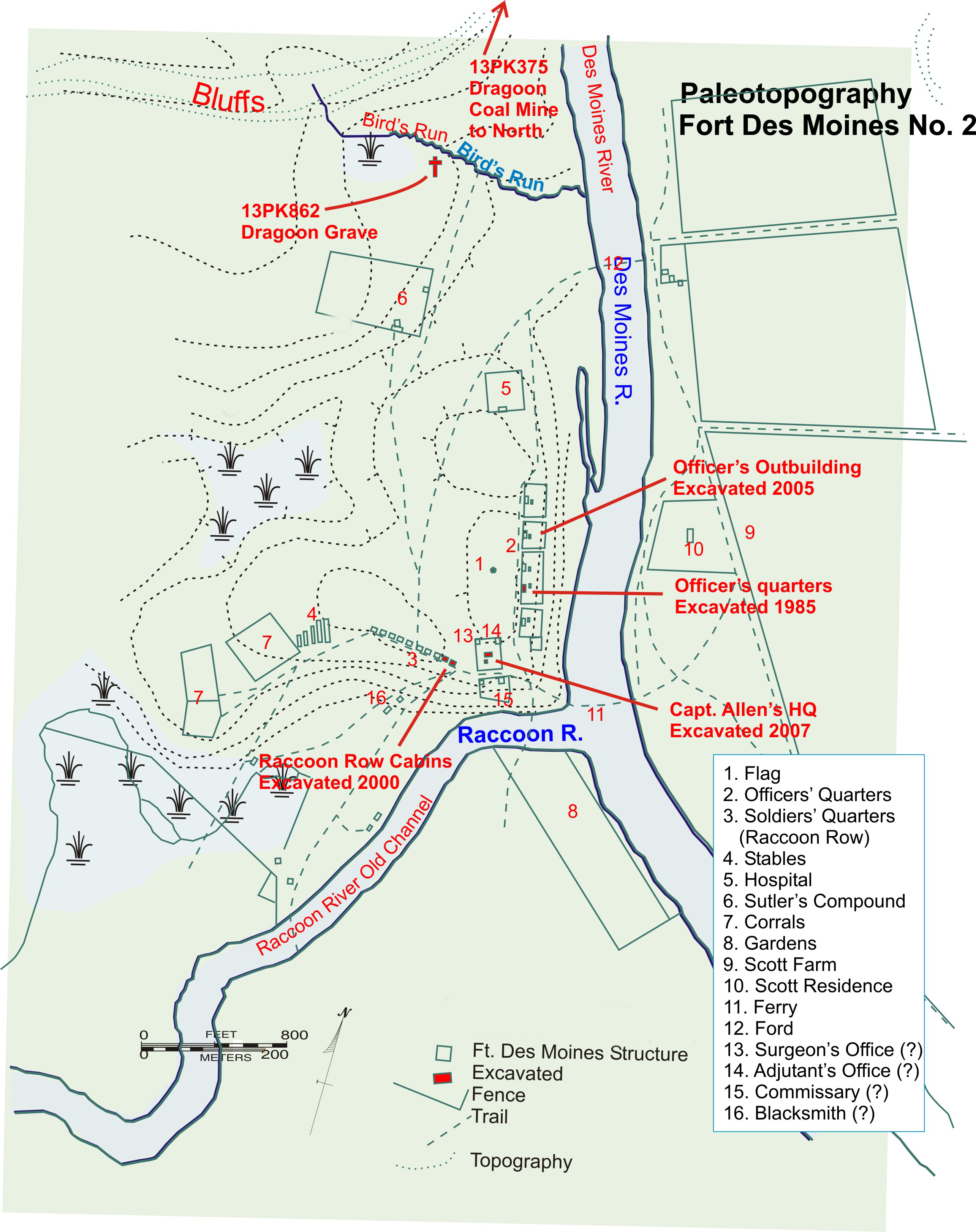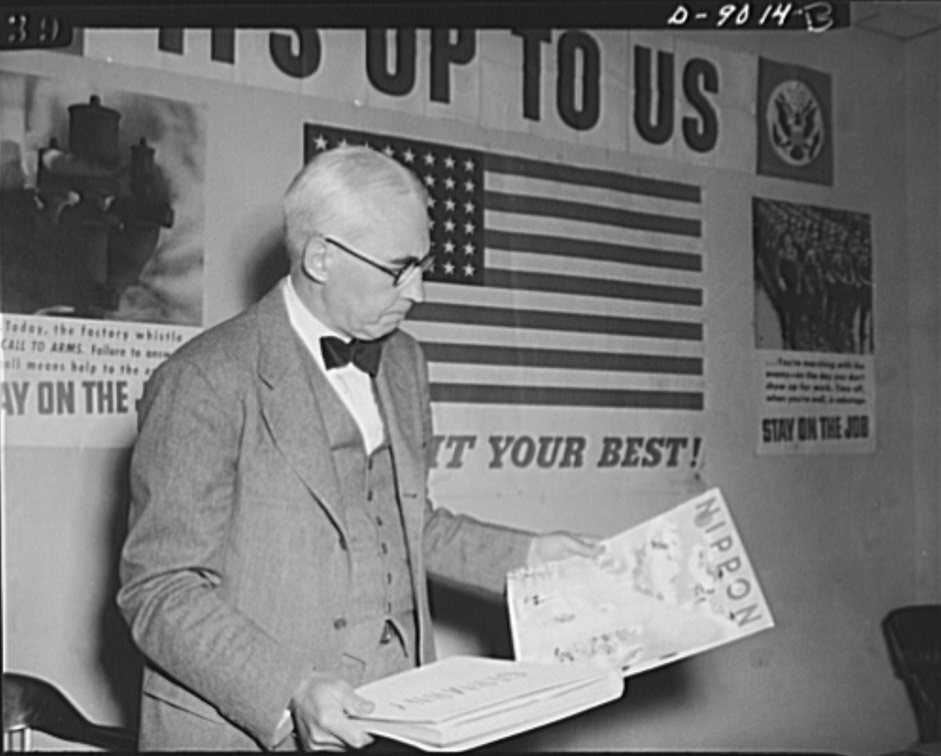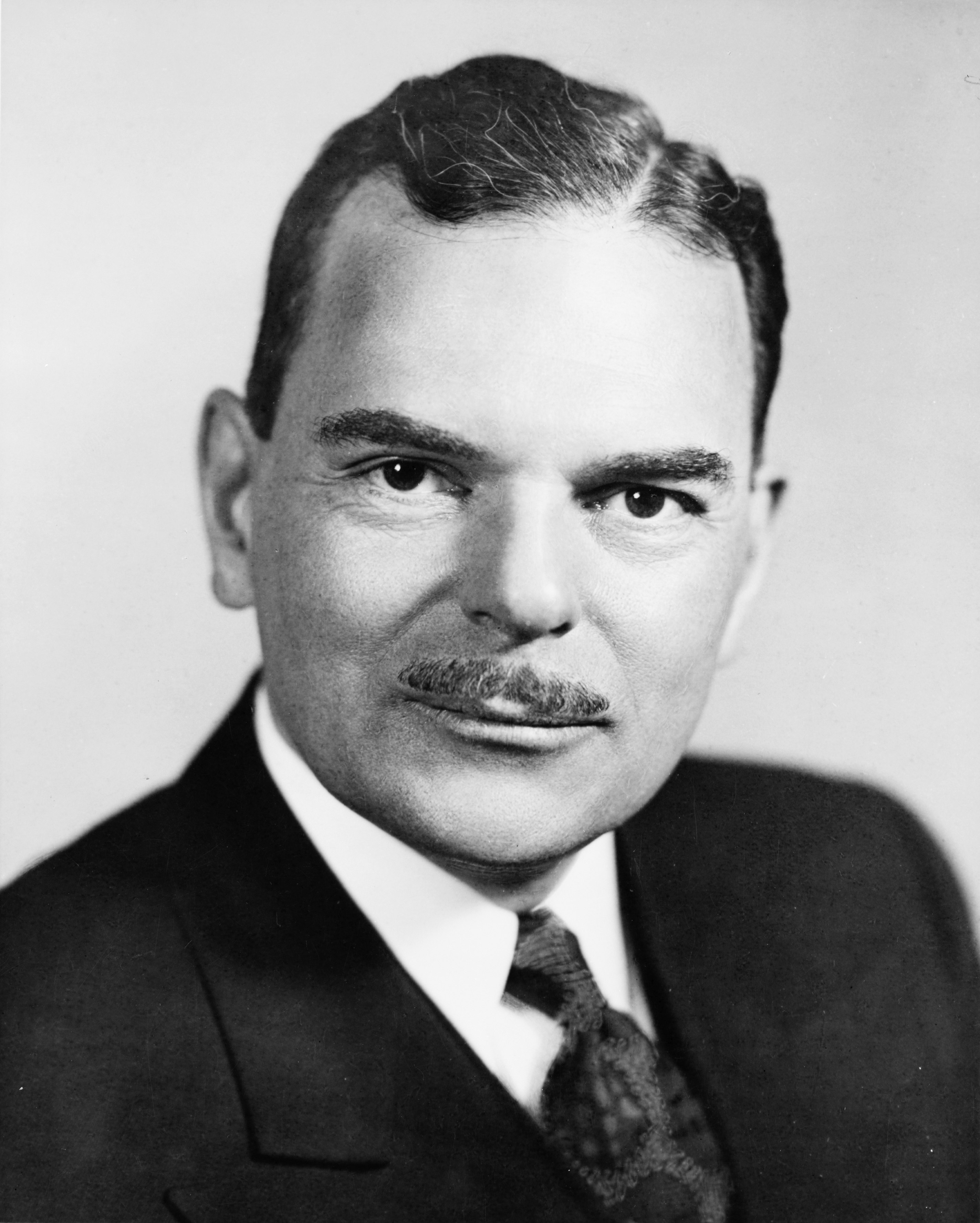|
Mike Cowles
Gardner "Mike" Cowles Jr. (1903–1985) was an American newspaper and magazine publisher. He was co-owner of the Cowles Media Company, whose assets included the ''Minneapolis Star'', the ''Minneapolis Tribune'', the ''Des Moines Register'', '' Look'' magazine, and a half-interest in ''Harper's Magazine''. Biography Cowles was a descendant of Hannah Bushoup (c. 1613–1683) of Hartford, Connecticut, and John Cowles (1598–1675) of Gloucestershire, England. His father Gardner Cowles Sr. was a banker, publisher, and politician who purchased ''The Des Moines Register'' and the ''Des Moines Tribune''. Cowles Jr. was born in Algona, Iowa. He was educated at Phillips Exeter Academy and Harvard University. He became co-owner with his brother John of the Cowles Media Company (established in 1935), and in 1937 became co-founder, co-publisher, and editor of '' Look'' magazine. He also served as executive editor of ''The Des Moines Register'' and ''The Des Moines Tribune''. In 1939, ... [...More Info...] [...Related Items...] OR: [Wikipedia] [Google] [Baidu] |
Algona, Iowa
Algona is the county seat of Kossuth County, Iowa, United States. The population was 5,487 at the 2020 census. Ambrose A. Call State Park is located two miles southwest of the city. History Algona was founded in 1854 and was named after the Algonquian word for "Algonquin waters". Between 1869 and 1875 the community was the location of Algona College, an institution sponsored by the Methodist Church. In 1894, Algona, along with other Iowa communities such as Dysart and Wesley, became part of the project known as the "Orphan Trains". As New York City saw booming immigration, it also inevitably saw a rise in the number of orphans in its asylums. Unable to provide adequate care for them, it saw fit to ship nearly 100,000 westward to start a new life with families across America. Algona itself welcomed nearly 100 orphans into the town, many of whom remained lifelong residents. From 1902 to 1906, Algona played host to the Algona Brownies, an African American barnstorming basebal ... [...More Info...] [...Related Items...] OR: [Wikipedia] [Google] [Baidu] |
Des Moines Tribune
''The Des Moines Tribune'' was a daily afternoon newspaper published in Des Moines, Iowa. It was founded in 1906 and purchased in 1908 by the Cowles family, which owned the ''Des Moines Register ''The Des Moines Register'' is the daily morning newspaper of Des Moines, Iowa. History Early period The first newspaper in Des Moines was the ''Iowa Star''. In July 1849, Barlow Granger began the paper in an abandoned log cabin by the junction ...''. The newspapers shared production and business operations, but maintained separate editorial staffs which often behaved as rivals and competitors. The newspaper ceased publication in 1982. References Defunct newspapers published in Iowa Publications disestablished in 1982 Publications established in 1906 1906 establishments in Iowa 1982 disestablishments in Iowa Mass media in Des Moines, Iowa {{Iowa-newspaper-stub ... [...More Info...] [...Related Items...] OR: [Wikipedia] [Google] [Baidu] |
Joseph Fels Barnes
Joseph Fels Barnes (1907–1970) was an American journalist, who also served as executive director of the Institute of Pacific Relations (IPR). Background Barnes was born in 1907. he graduated from Harvard University in 1927, where he was managing editor and president of the ''Harvard Crimson''. He studied at the London School of Slavonic Studies. Career Institute of Pacific Relations Barnes worked on staff in the Soviet Union and China at the Institute of Pacific Relations (IPR) from 1932 to 1934. He was a journalist for the ''New York Herald Tribune'' based in Moscow, Berlin, and New York from 1934 to 1948. That was interrupted by service as director of the Office of War Information overseas branch and Voice of America radio show (1941–1944). PM / New York Star Barnes was an editor of '' PM'', which he bought from Marshall Field III with Bartley Crum and renamed '' New York Star''. Barnes remained editor until the ''Star'' folded in 1949. Simon & Schuster Barnes work ... [...More Info...] [...Related Items...] OR: [Wikipedia] [Google] [Baidu] |
Des Moines, Iowa
Des Moines () is the capital and the most populous city in the U.S. state of Iowa. It is also the county seat of Polk County. A small part of the city extends into Warren County. It was incorporated on September 22, 1851, as Fort Des Moines, which was shortened to "Des Moines" in 1857. It is located on, and named after, the Des Moines River, which likely was adapted from the early French name, ''Rivière des Moines,'' meaning "River of the Monks". The city's population was 214,133 as of the 2020 census. The six-county metropolitan area is ranked 83rd in terms of population in the United States with 699,292 residents according to the 2019 estimate by the United States Census Bureau, and is the largest metropolitan area fully located within the state. Des Moines is a major center of the US insurance industry and has a sizable financial services and publishing business base. The city was credited as the "number one spot for U.S. insurance companies" in a ''Business Wire'' articl ... [...More Info...] [...Related Items...] OR: [Wikipedia] [Google] [Baidu] |
Elmer Davis
Elmer Holmes Davis (January 13, 1890 – May 18, 1958) was an American news reporter, author, the Director of the United States Office of War Information during World War II and a Peabody Award recipient. Early life and career Davis was born in Aurora, Indiana, the son of a cashier for the First National Bank of Aurora. One of his first professional writing jobs was with the ''Indianapolis Star'', a position he held while attending Franklin College. A brilliant student, Davis received a Rhodes Scholarship to Queen's College, Oxford in 1910. His stay in England was cut short when his father fell ill and eventually died. Davis met his wife, Florence, in England. Upon his return to America, Davis became an editor for the pulp magazine ''Adventure'', leaving after a year to work as a reporter and editorial writer for ''The New York Times''. For the next decade, Davis reported on stories ranging from pugilist Jack Dempsey to evangelist Billy Sunday. It was his coverage of Billy S ... [...More Info...] [...Related Items...] OR: [Wikipedia] [Google] [Baidu] |
Office Of War Information
The United States Office of War Information (OWI) was a United States government agency created during World War II. The OWI operated from June 1942 until September 1945. Through radio broadcasts, newspapers, posters, photographs, films and other forms of media, the OWI was the connection between the battlefront and civilian communities. The office also established several overseas branches, which launched a large-scale information and propaganda campaign abroad. From 1942 to 1945, the OWI revised or discarded any film scripts reviewed by them that portrayed the United States in a negative light, including anti-war material. History Origins President Franklin D. Roosevelt promulgated the OWI on June 13, 1942, by Executive Order 9182. The Executive Order consolidated the functions of the Office of Facts and Figures (OFF, OWI's direct predecessor), the Office of Government Reports, and the Division of Information of the Office for Emergency Management. The Foreign Information Servi ... [...More Info...] [...Related Items...] OR: [Wikipedia] [Google] [Baidu] |
One World (book)
''One World'' is a manifesto and a travelogue written by Wendell Willkie, a liberal Republican, about his seven-week, 31,000-mile tour, and originally published in April 1943. It advocates for an end to colonialism, World Federalism, and equality for non-whites in the United States. ''One World'' inspired the One World movement and the World Federalist Movement — which included among its supporters Albert Einstein, Mahatma Gandhi, Jawaharlal Nehru —and advocated strong and democratic super-national institutions. That wave of thinking foretold the postwar international order, including the United Nations System, but was also very critical of the postwar order and the UN, claiming it is insufficient to avoid another world war. Willkie was accompanied on his tour by, among others, the publisher and editor Gardner Cowles, Jr., who ultimately assisted Willkie in the writing of ''One World''Associated Press"Look Magazine Founder Gardner Cowles,"''Los Angeles Times'' (July 09, 1985). ... [...More Info...] [...Related Items...] OR: [Wikipedia] [Google] [Baidu] |
Wendell Willkie
Wendell Lewis Willkie (born Lewis Wendell Willkie; February 18, 1892 – October 8, 1944) was an American lawyer, corporate executive and the 1940 Republican nominee for President. Willkie appealed to many convention delegates as the Republican field's only interventionist: although the U.S. remained neutral prior to Pearl Harbor, he favored greater U.S. involvement in World War II to support Britain and other Allies. His Democratic opponent, incumbent President Franklin D. Roosevelt, won the 1940 election with about 55% of the popular vote and took the electoral college vote by a wide margin. Willkie was born in Elwood, Indiana, in 1892; both his parents were lawyers, and he also became one. He served in World War I but was not sent to France until the final days of the war, and saw no action. Willkie settled in Akron, Ohio, where he was initially employed by Firestone, but left for a law firm, becoming one of the leaders of the Akron Bar Association. Much of his work wa ... [...More Info...] [...Related Items...] OR: [Wikipedia] [Google] [Baidu] |
Republican Party Presidential Primaries, 1940
From March 12 to May 17, 1940, voters of the Republican Party chose delegates to nominate a candidate for president at the 1940 Republican National Convention. The nominee was selected at the convention in Philadelphia, Pennsylvania from June 24–28, 1940. The primaries were contested mainly by Manhattan District Attorney Thomas E. Dewey and Senators Robert A. Taft and Arthur Vandenberg, though only a few states' primaries featured two or more of these men. By the start of the convention, only 300 of the 1,000 convention delegates had been pledged to a candidate, far fewer than was necessary to determine a victor. Estimates of delegate loyalty placed Dewey first, Taft second, and Wendell Willkie, an internationalist businessman, third. Late momentum following the escalation of World War II allowed Willkie to take the nomination on the sixth ballot at the convention. Background 1936 presidential election In 1936, Democratic President Franklin D. Roosevelt defeated Alf Landon ... [...More Info...] [...Related Items...] OR: [Wikipedia] [Google] [Baidu] |
Golden Age Of Comic Books
The Golden Age of Comic Books describes an era of American comic books from 1938 to 1956. During this time, modern comic books were first published and rapidly increased in popularity. The superhero archetype was created and many well-known characters were introduced, including Superman, Batman, Robin, Captain Marvel, Captain America, and Wonder Woman. Etymology The first recorded use of the term "Golden Age" was by Richard A. Lupoff in an article, "Re-Birth", published in issue one of the fanzine ''Comic Art'' in April 1960. History An event cited by many as marking the beginning of the Golden Age was the 1938 debut of Superman in ''Action Comics'' #1, published by Detective Comics (predecessor of DC Comics). Superman's popularity helped make comic books a major arm of publishing, which led rival companies to create superheroes of their own to emulate Superman's success. World War II Between 1939 and 1941 Detective Comics and its sister company, All-American Publications, ... [...More Info...] [...Related Items...] OR: [Wikipedia] [Google] [Baidu] |
Quality Comics
Quality Comics was an American comic book publishing company which operated from 1937 to 1956 and was a creative, influential force in what historians and fans call the Golden Age of Comic Books. Notable, long-running titles published by Quality include ''Blackhawk (DC Comics), Blackhawk'', ''Feature Comics'', ''G.I. Combat'', ''Heart Throbs'', ''Military Comics''/''Military Comics, Modern Comics'', ''Plastic Man'', ''Police Comics'', ''Smash Comics'', and ''The Spirit''. While most of their titles were published by a company named Comic Magazines, from 1940 onwards all publications bore a logo that included the word "Quality". Notable creators associated with the company included Jack Cole (artist), Jack Cole, Reed Crandall, Will Eisner, Lou Fine, Gill Fox, Paul Gustavson, Bob Powell, and Wally Wood. History Quality Comics was founded by Everett M. "Busy" Arnold, a printer who saw the rapidly rising popularity of the comic book mass media, medium in the late 1930s. Deducing tha ... [...More Info...] [...Related Items...] OR: [Wikipedia] [Google] [Baidu] |




